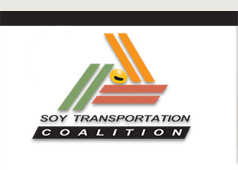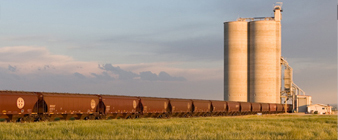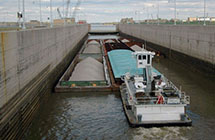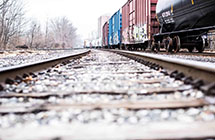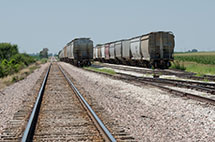Did You Know?
What is the difference in density between fresh water and salt water and how does it impact ocean transportation?
Saltwater is more dense than freshwater. For example, the density of freshwater in the Mississippi River in southern Louisiana is 0.999. The density of saltwater at Japanese ports is 1.025. Due to the more dense/heavier water in Japan, the vessel will automatically rise about 11.4 inches (29 centimeters). This explains one of the reasons saltwater ports are less susceptible to draft restrictions than freshwater ports. Ships do not sink as much in saltwater.
In addition, an original Panamax ocean vessel consumes approximately 30 tons of fuel per day. If a journey from southern Louisiana to Japan requires 30 days, a ship will consume 900 tons of fuel. On a Panamax vessel, it takes approximately 66 tons to sink the vessel 1 centimeter (0.39 inches). Therefore, a vessel will rise in the water 5.35 inches (13.6 centimeters) due to utilizing 900 tons of fuel.
Therefore, a Panamax ocean vessel can have a reduction in draft requirements of 16.75 inches by traveling from southern Louisiana to Japan.
Source: Soy Transportation Coalition | 